Life Saves the Planet Blog:
Carbon The topic of carbon is central to the climate change discourse. Carbon dioxide, a key greenhouse gas, is instrumental in the earth’s warming. However, it is vital to recognize that climate change is not solely driven by carbon dioxide, but by an interplay of factors. Furthermore, carbon is indispensable for life and is a component of the natural carbon cycle. Strategies to address climate change must encompass not just reducing emissions but also enhancing natural processes that sequester carbon in the soil. This dual approach can help in reestablishing the equilibrium of the carbon cycle and restoring a livable climate akin to historical conditions.
The topic of carbon is central to the climate change discourse. Carbon dioxide, a key greenhouse gas, is instrumental in the earth’s warming. However, it is vital to recognize that climate change is not solely driven by carbon dioxide, but by an interplay of factors. Furthermore, carbon is indispensable for life and is a component of the natural carbon cycle. Strategies to address climate change must encompass not just reducing emissions but also enhancing natural processes that sequester carbon in the soil. This dual approach can help in reestablishing the equilibrium of the carbon cycle and restoring a livable climate akin to historical conditions.

Healing Our Land & Our Climate! – Registration still open
In order to heal our climate, we must FIRST heal our land. In order to heal the land, we must restore the health of the soil and our ecosystems. Join Hart Hagan for this course on Healing Our Land & Our Climate! from July 9 – September 24. Classes are weekly on Tuesdays at either 12 noon or…
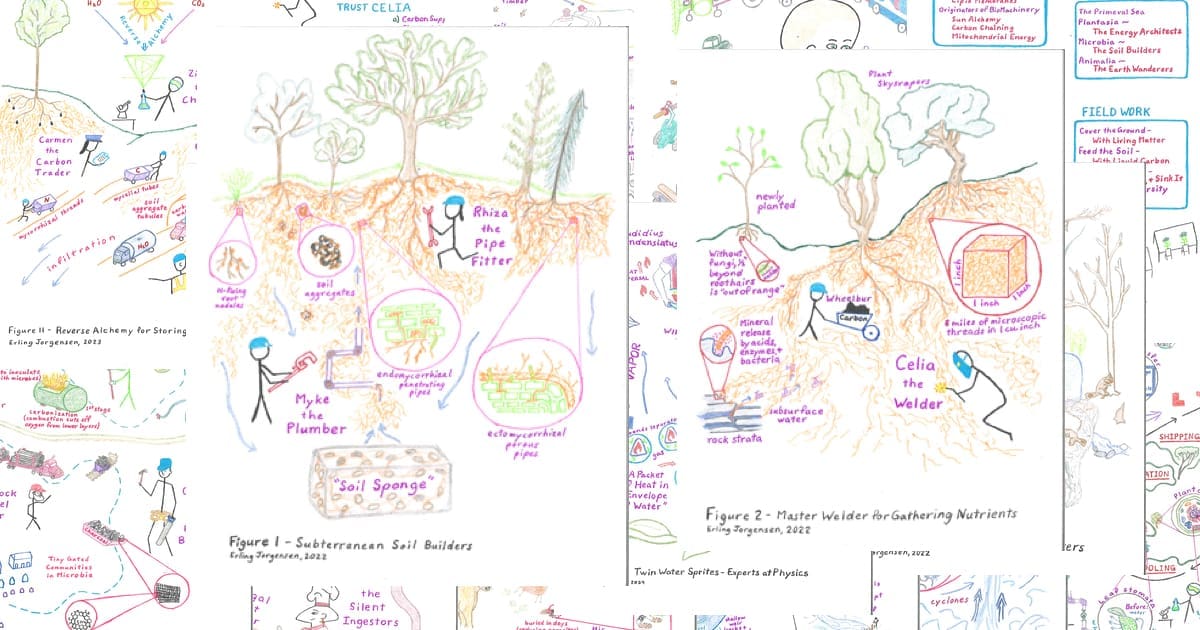
Journey of an Apprentice
Introduction by Jim Laurie Erling Jorgensen was a student in my “Systems Thinking and Scenario Building” course (Biodiversity 6) in the summer of 2022. He is determined to learn how life processes work and develop a scenario of restoring these processes. His goal is also to create a story that young people and adults with…
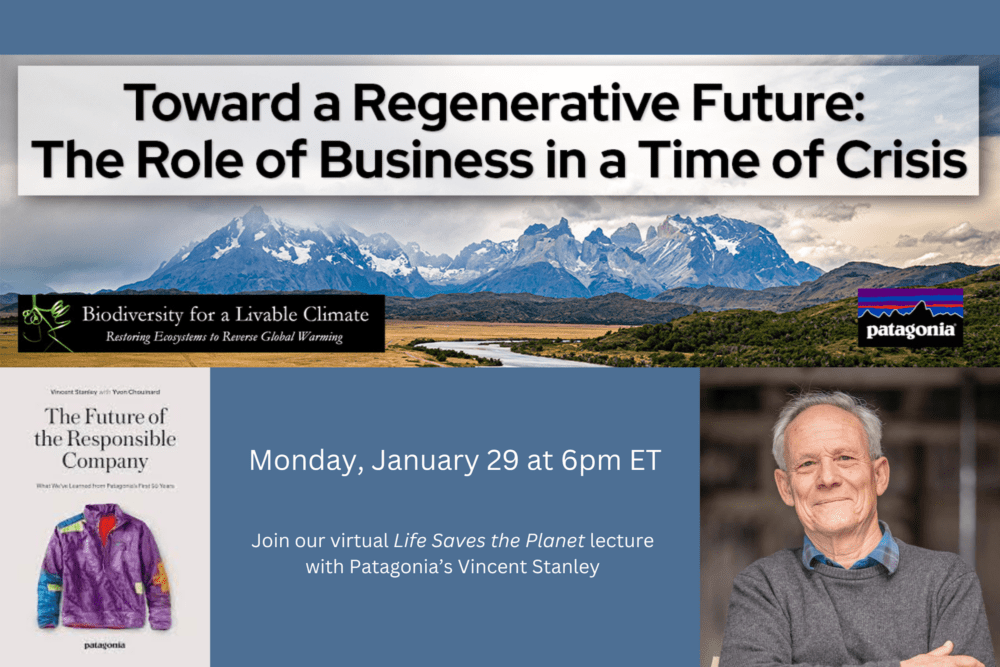
Toward a Regenerative Future – Monday, January 29 at 6pm ET
On Monday, January 29, Vincent Stanley of Patagonia joined our Life Saves the Planet lecture series to discuss the role of business in pivoting to regenerative systems. It is easy to vilify globalization and corporate America, but what would happen if the vast resources of the world economy turned towards eco-restoration, fair trade and uplifting…

Halley’s Comet and Scenario 300
Halley’s Comet last hurtled around the Sun in 1986 and is expected to return in July of 2061. What will the Earth be like when the Comet returns? What kind of world do we want to greet it?
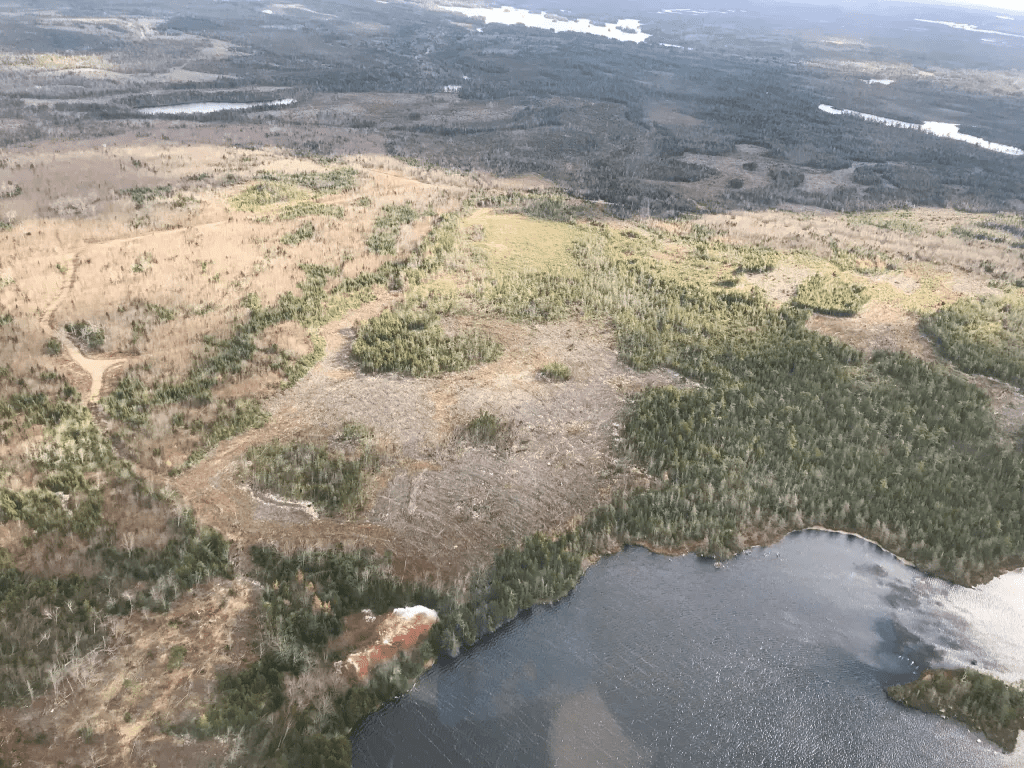
The NS wildfires are not ‘natural’ disasters: climate change, forest management, and human folly are all to blame
Four forestry specialists offer their views on how to reduce the wildfire risks. The Wildfire story that no one is talking about. The media is full of stories about the causes and cures for the massive forest fires raging around the world. Those fires have finally hit close to the Bio4Climate home in New England…

Climate Is About Far More Than Carbon Dioxide
“We have to do everything we know how to do to address climate change.” – Sir Nicholas Stern But what is “everything we know how to do”? What does “everything” mean? Who are “we”? Until very recently “everything” meant reducing emissions and pulling excess carbon out of the atmosphere. That has slowly begun to change,…

Water for the Recovery of the Climate: A New Water Paradigm
Ing. Michal Kravčík,CSc. / RNDr. Jan Pokorný, CSc. / Ing. Juraj Kohutiar/ Ing. Martin Kovác / RNDr. Eugen Tóth http://www.waterparadigm.org/download/Water_for_the_Recovery_of_the_Climate_A_New_Water_Paradigm.pdf Jan Lambert’s Quick-Take: The New Water Paradigm presents a very useful way to view drought and other climate change, a way that shows how humankind can influence climate for the better simply by restoring natural…
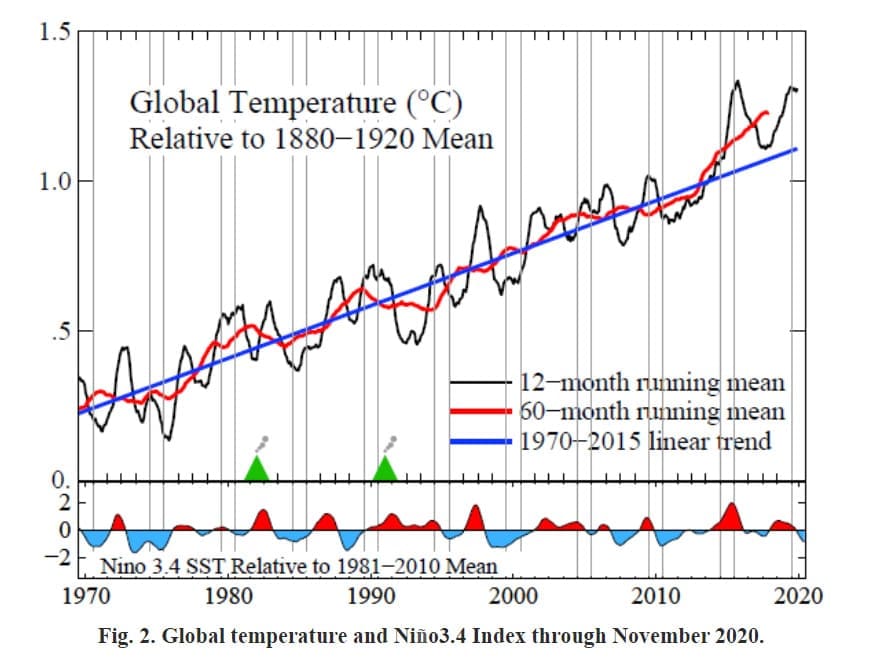
Real Climate Reality
Based on widely accepted scientific measurements, global emissions reduction efforts, while essential, have not succeeded in reducing levels of atmospheric greenhouse gases. The annual rate of carbon released into the atmosphere is accelerating (for many reasons which need not be discussed here). Reducing emissions and building out alternative energy are necessary but insufficient to address…
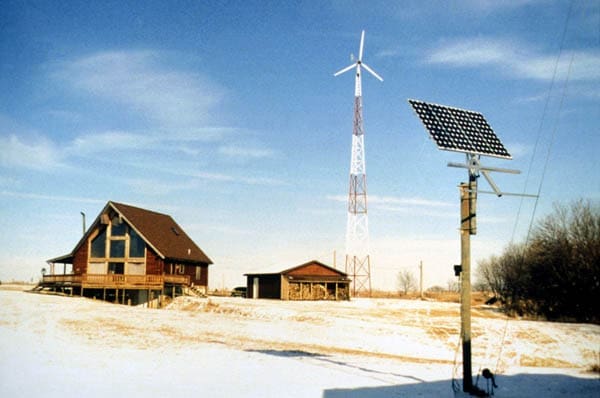
Reducing Greenhouse Gas Emissions Won’t End Global Warming
Solar panels on rooftops. Hybrid and electric vehicles. Meatless Mondays. What do all of these indicators of societal progress have in common? They are just some examples among the many widely attainable, lifestyle modifiers for reducing energy consumption in our fossil fuel-addicted world. But while replacing SUVs with hybrid cars and changing lifestyle habits to…
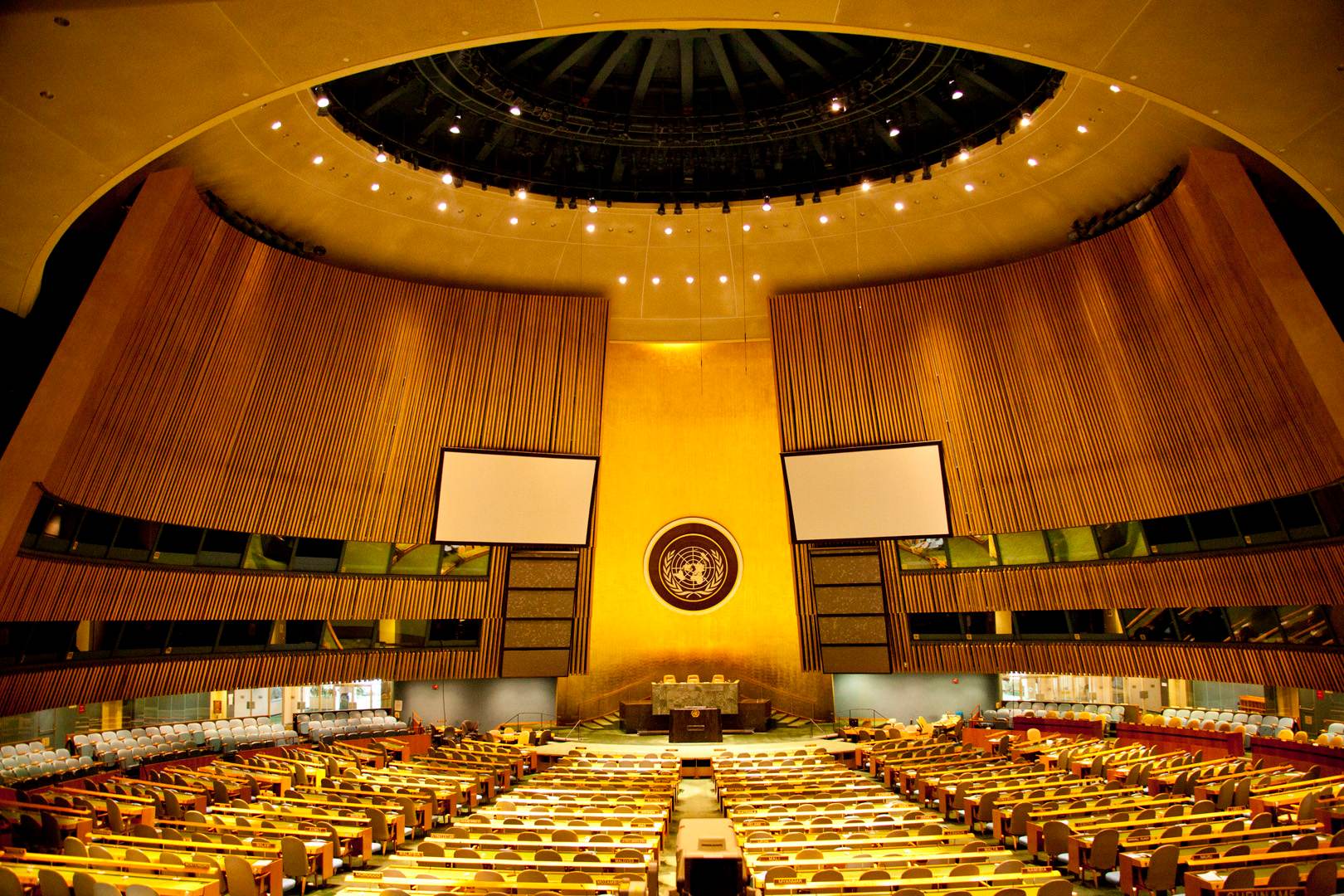
A Call for Sanity
In September, members of the United Nations will convene a round of climate change negotiations. It’s not hard to guess what is on the table: greenhouse gas emissions reductions. Yet after almost three decades of effort, during which atmospheric carbon concentrations have only gone up, another meeting focused primarily if not exclusively on emissions reductions appears to…

Good news!
This enlightening (and humorous) front page is destined to be a collector’s treasure!
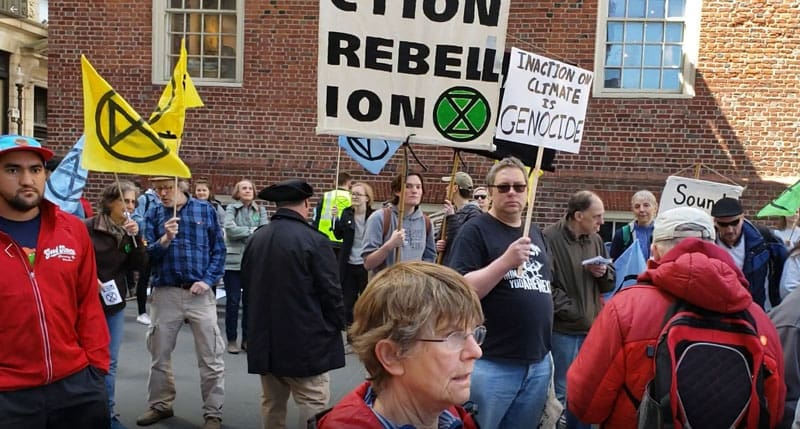
Changing the Climate Conversation
“Everything is connected to everything else.” – Barry Commoner, The Closing Circle Like most climate activists, for a long time I thought that greenhouse gas (GHG) emissions were THE driving force behind climate change. It followed that reducing emissions was our overriding goal. A steady stream of messages from both the climate movement and the mainstream…

Carbon Farming: Paying for Results, Not for Data (Soils Are Far Too Important for a Commodities Market!)
At Biodiversity for a Livable Climate, removing carbon from the atmosphere by regenerating ecosystems and restoring biodiversity is our non-profit mission. Supporting farmers, herders and ranchers around the world to work in ways that both sequester carbon in soils and provide major benefits in productivity is a key means to that end. Unfortunately, the resources…
